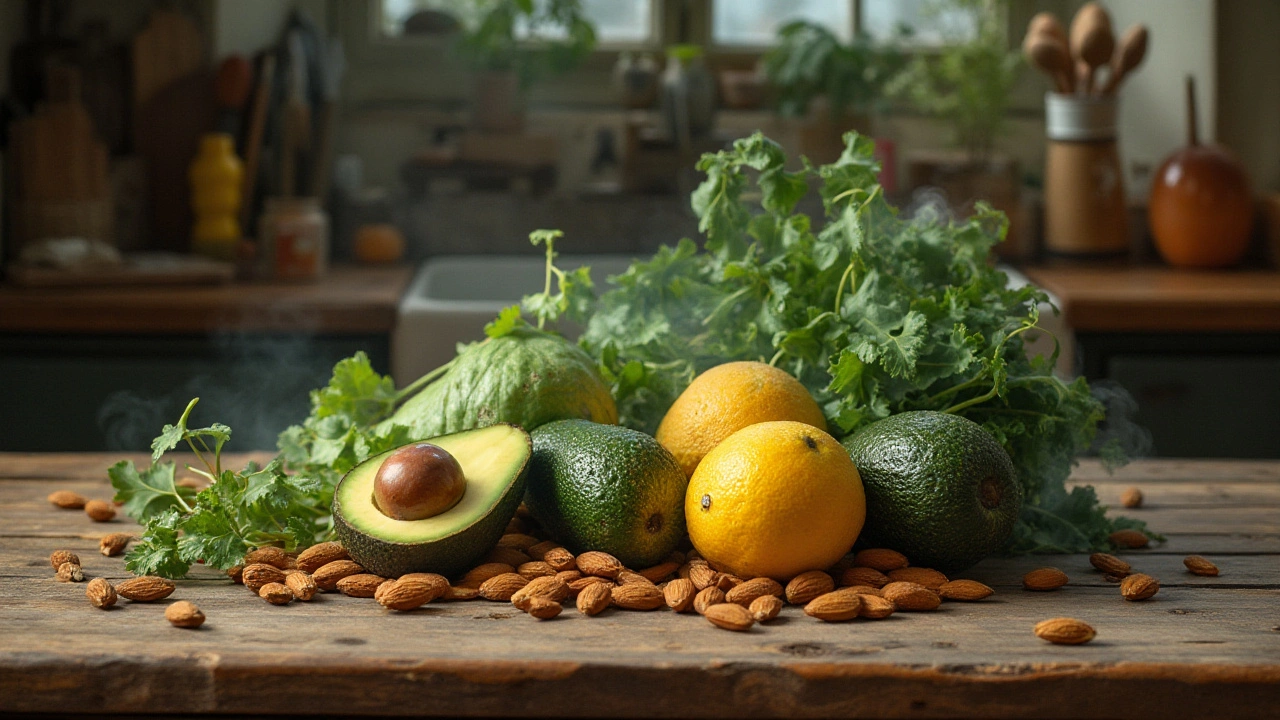Ethical Eating Made Easy: Practical Tips for Everyday Desserts
Want to enjoy sweets without feeling guilty? You don’t have to become a culinary master overnight. A few small changes in your pantry and a bit of planning can turn any treat into an ethical choice.
Swap Ingredients for More Sustainable Options
Start by looking at the ingredients you already use. Many classic recipes call for butter, cream, or gelatin – all animal‑derived products that have a bigger environmental footprint. Try swapping butter for coconut oil or a good quality plant‑based margarine. In recipes that need cream, coconut milk or oat cream work just as well and add a subtle flavor twist.
If a dessert calls for gelatin (think gummy bears or certain mousses), replace it with agar‑agar or pectin. Both are plant‑based and give you the same firm texture without the animal source. The switch is usually a 1:1 ratio, so you won’t need to do any math.
Choose Vegan and Gluten‑Free Snacks That Taste Great
Vegan doesn’t have to mean bland. Hummus, roasted chickpeas, or homemade energy bites made with dates and nuts are satisfying, nutritious, and fully plant‑based. Look for ready‑made hummus that lists only beans, olive oil, lemon, and spices – no hidden dairy.
Gluten‑free doesn’t automatically equal “healthy,” but many naturally gluten‑free foods fit right into an ethical diet. Rice cakes topped with almond butter and sliced banana give you a quick snack that’s kind to the planet and easy on the stomach.
When buying packaged treats, read the label for hidden animal ingredients like whey, casein, or honey. Brands that proudly label their products “vegan” or “plant‑based” are usually safe bets.
Now, let’s talk about storage – a big part of reducing waste. Most cookies and brownies stay fresh for up to a week if you keep them in an airtight container. For longer storage, freeze portion‑sized bags; they’ll keep just as tasty and you’ll avoid throwing away stale leftovers.
Another easy habit is to plan your dessert portions. Instead of baking a whole tray and ending up with excess, bake a smaller batch or use a muffin tin to create individual servings. This way you enjoy fresh sweets and cut down on waste.
Finally, consider the source of your chocolate. Look for fair‑trade, organic, or bean‑to‑bar brands that support ethical farming practices. Even a tiny bar of high‑quality chocolate can satisfy a sweet tooth without the guilt of supporting mass‑produced cocoa.
Putting these tips together is simple: swap animal‑based fats for plant‑based ones, pick snacks that are both vegan and gluten‑free, store leftovers smartly, and choose responsibly sourced chocolate. You’ll notice the difference in taste, texture, and how good you feel about your choices.
Start with one recipe a week – maybe a vegan fudge or oat‑based cheesecake – and watch how quickly these small steps add up. Ethical eating isn’t a strict rulebook; it’s a flexible approach that lets you keep enjoying the desserts you love while caring for the planet.

